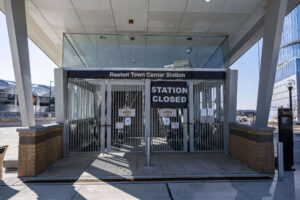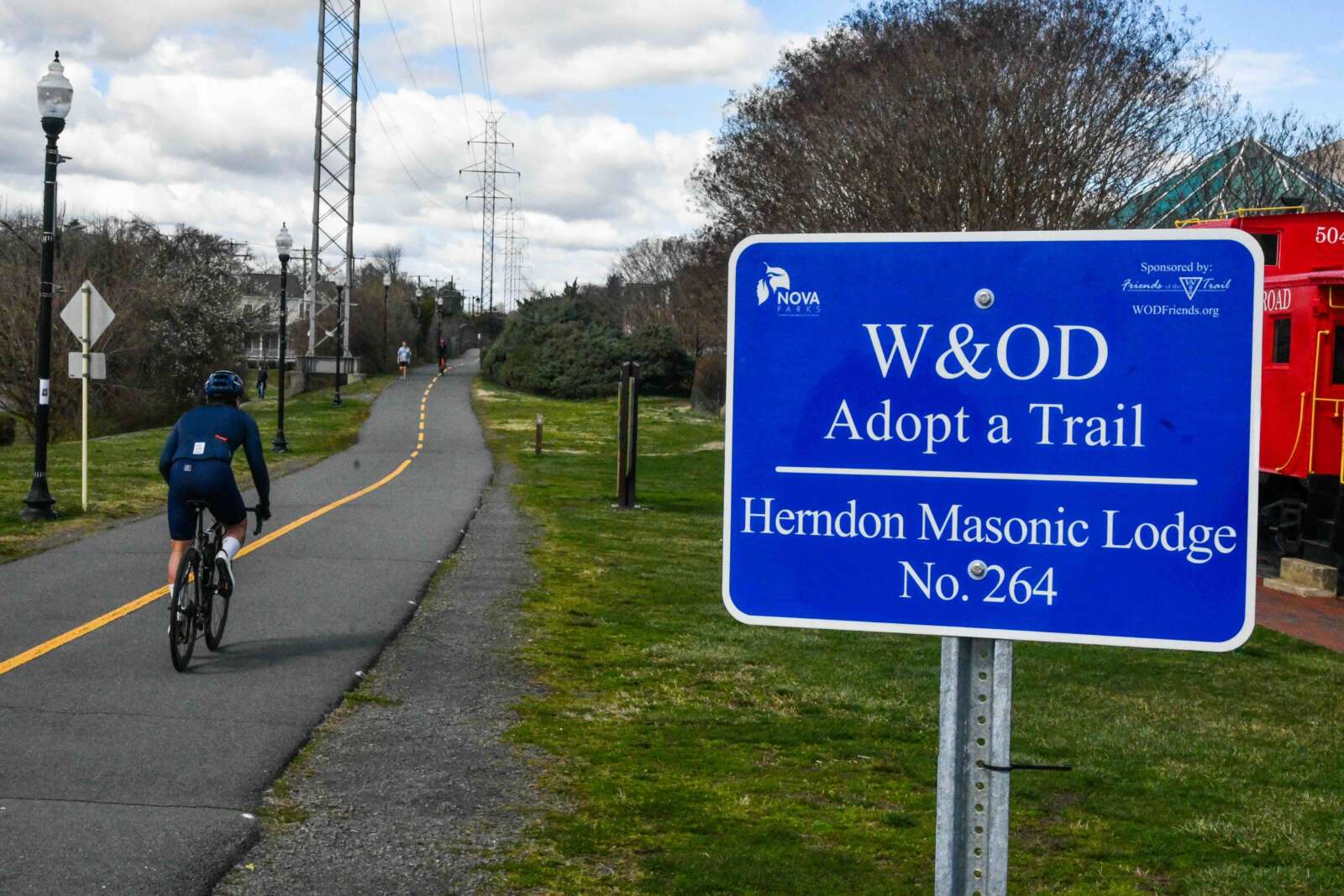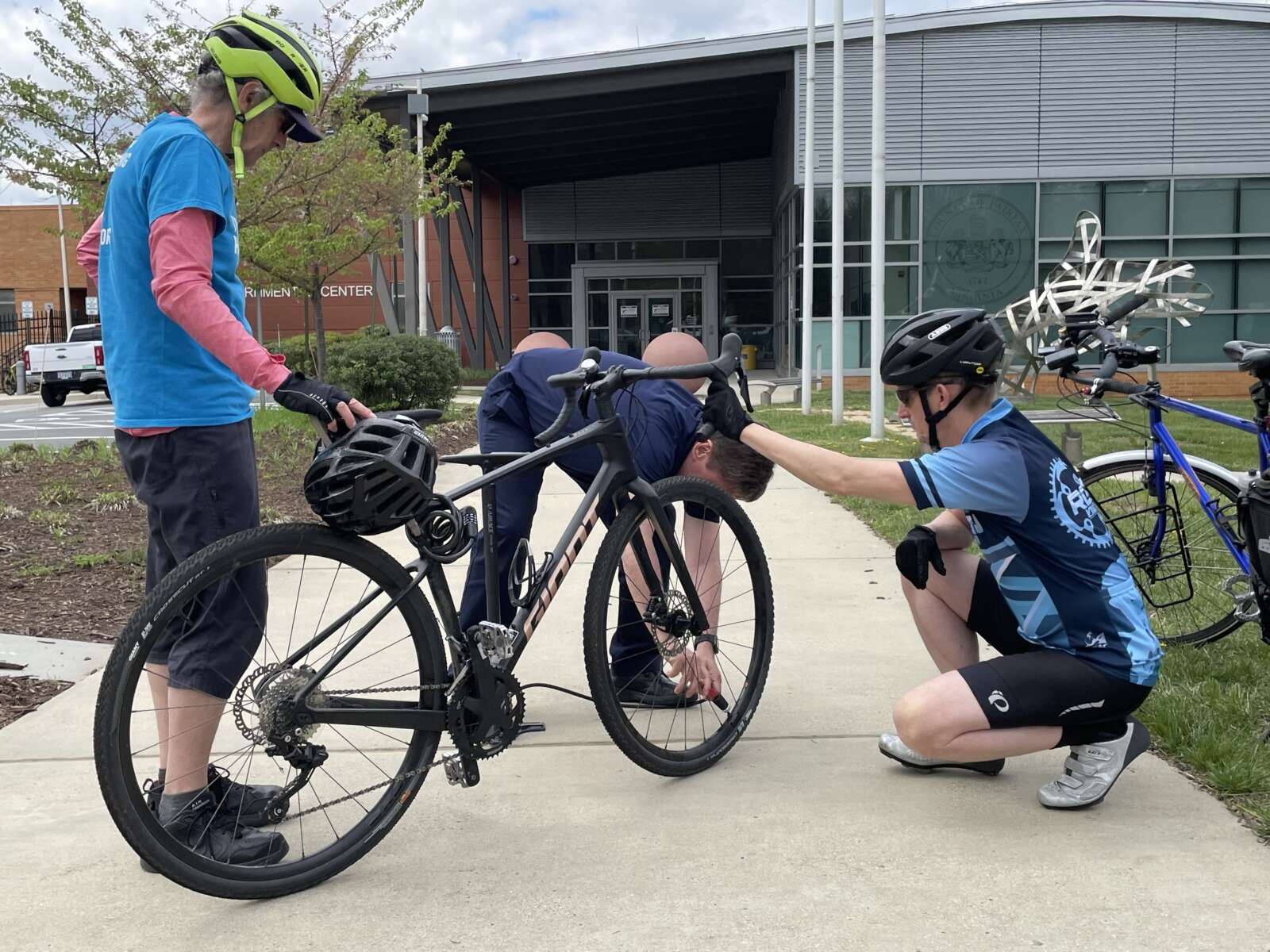
As the county officially approves paying an additional $40 million to finish the Silver Line Phase II, fare evasion continues to irk supervisors.
At yesterday’s Board of Supervisors meeting, the county followed through on the transportation committee’s recommendation last month to pay an additional $40.25 million to the Metropolitan Washington Airports Authority (MWAA) for the completion of the Silver Line Phase II.
As noted at the Sept. transportation committee meeting, the board didn’t have much choice in the matter. In July, MWAA agreed to increase the budget for the extension by $250 million which will be largely shouldered by Dulles Toll Road users. Because the original project agreement calls for Fairfax County to pay about 16% of the overage, the county owed an additional $40.25 million.
Last month, Board Chair Jeff McKay expressed his frustration about paying even more money for the much-delayed project but noted that it was a “requirement” and the county didn’t have the flexibility to not pay it “without significant negative consequences.”
At yesterday’s meeting, though, McKay struck a slightly different tone by focusing on the Silver Line Phase II’s potential to be a “game-changer” for the region.
“We can’t understate the importance of this project to the long-term success of Fairfax County,” McKay said. “It’s a major milestone.”
There remains no set date for when the line will be ready for riders, though Metro confirmed to FFXnow yesterday that it’s on track to open by Thanksgiving with the go-ahead to add more trains.
The supervisors also took a few moments at this week’s meeting to discuss Metro’s plans to stop fare evasion. Earlier this month, Metro announced it was ramping up enforcement and will be testing new station fare gates that are more difficult to jump over.
Metro estimates that fare evasion has cost the agency about $40 million this year, or nearly a quarter of its budget gap.
Several supervisors noted that they were pleased there was finally movement on better enforcement of fare evasion. Hunter Mill District Supervisor Walter Alcorn said there are certainly “equity issues” when it comes to enforcement, but “it has to be a level playing field.”
However, Dranesville District Supervisor John Foust called fare evasion the “least of [Metro’s] challenges” in terms of securing long-term funding for a system that could be facing a $500 million funding gap next year.
“They need a plan that goes way beyond [dealing] with fare evasion,” said Foust.





